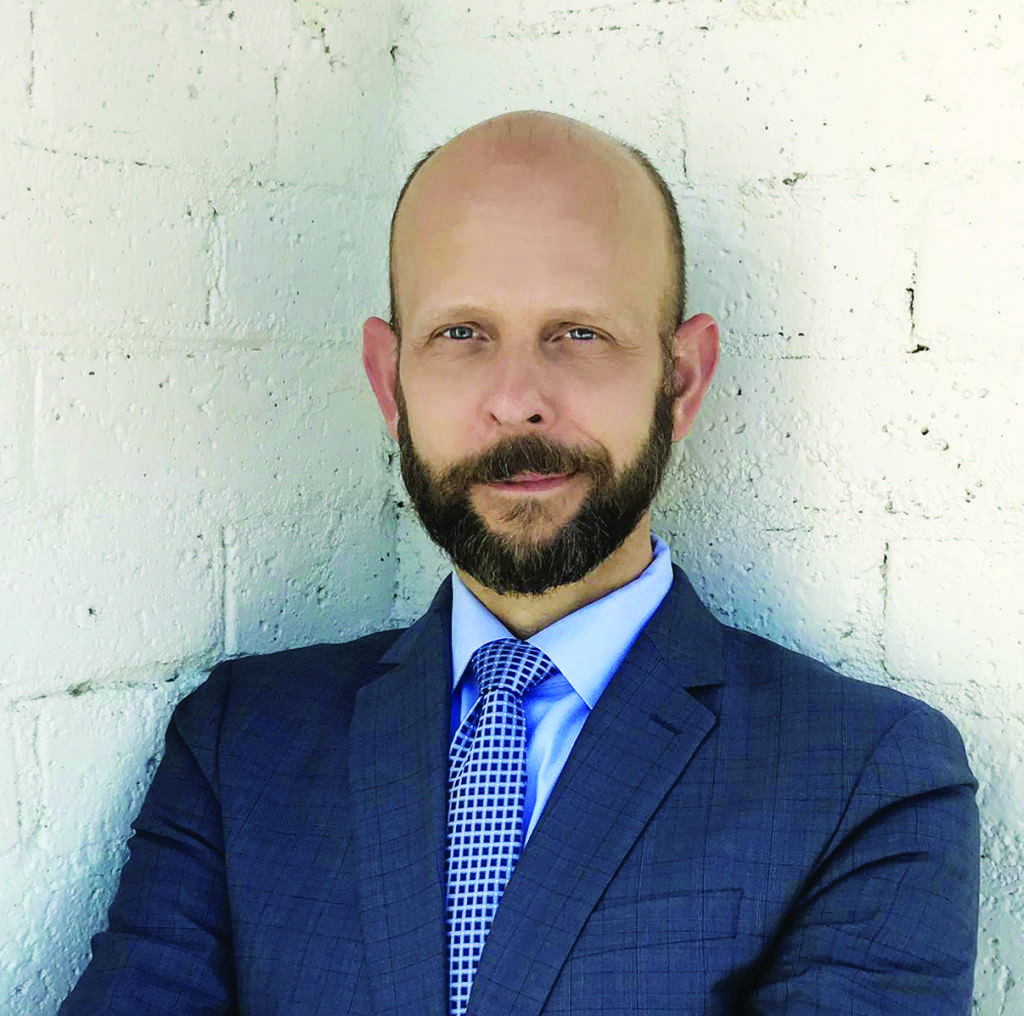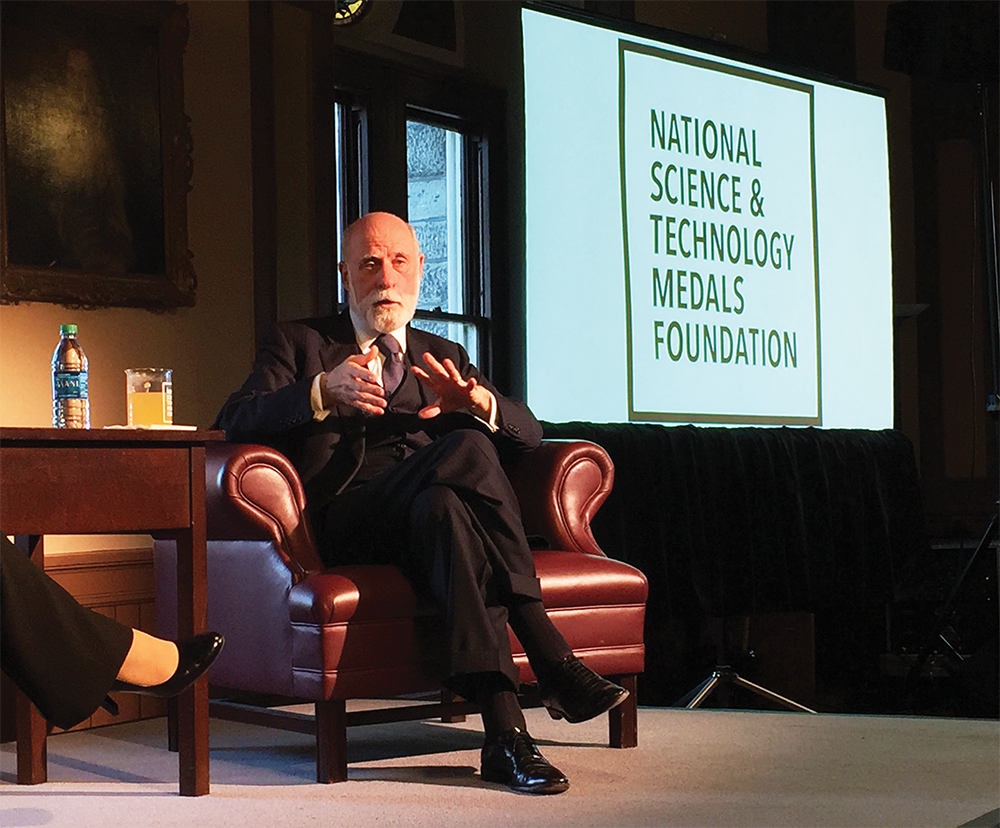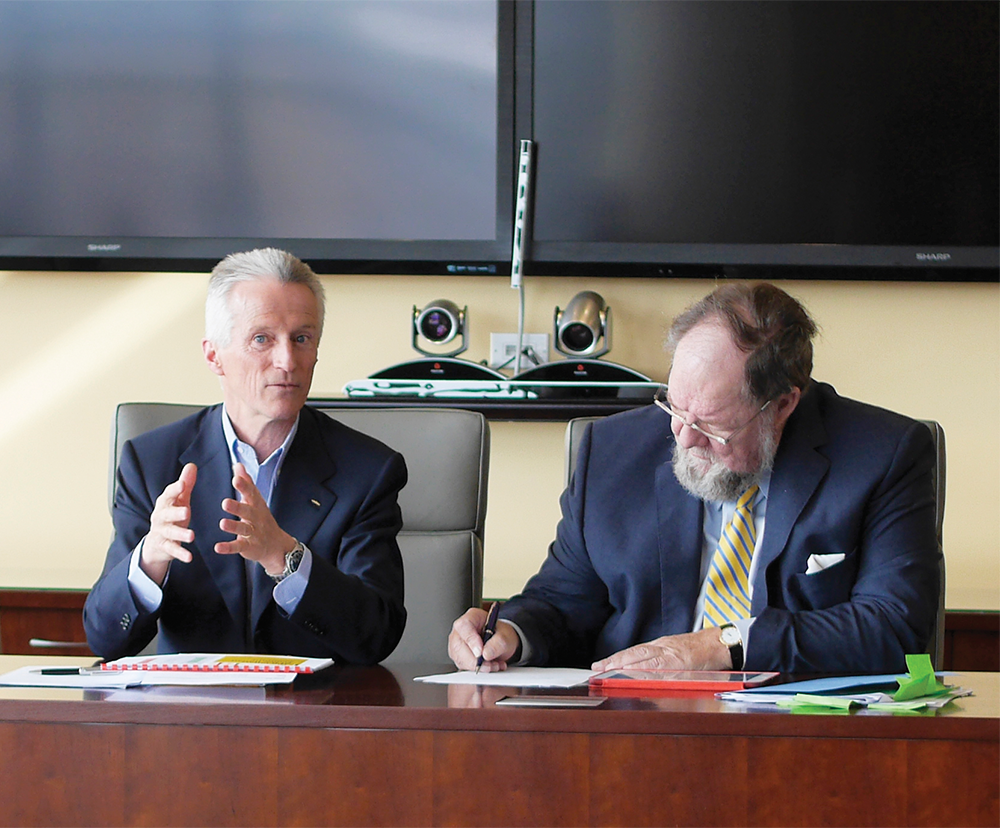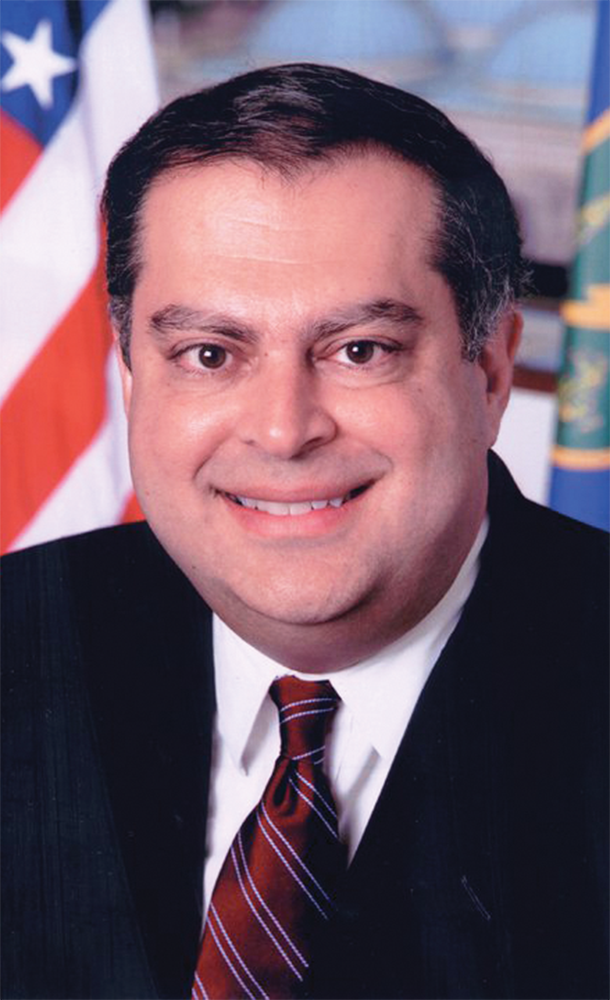One of Google’s first self-driving cars almost got a ticket for the first time last week when it traveled 24 miles per hour in a 35 miles per hour zone. Police approached the pulled-over car but did not know how to react upon realizing there was no driver to ticket. As per California law, someone was present in the car, but instead of issuing a citation, the officer merely asked several questions about how the vehicle worked.
The role of law enforcement, however, is not the only practical question that will arise as self-driving cars become more prevalent. Currently, a number of companies including Ford, Volvo and Baidu — a Chinese search engine — have products in various stages of development.
Ford, in particular, has begun testing its new self-driving vehicle on a challenging course complete with numerous types of road conditions, terrains and intersections. By spending millions of dollars researching and developing self-driving cars, companies are indicating their confidence that these vehicles represent the future of the auto industry. In fact, Ford has predicted that cars will be 100 percent autonomous within 15 years.
Volvo is so confident about the safety of its new cars that it has agreed to accept full liability for any damage they cause. Unfortunately, some accidents are simply unavoidable, meaning that Volvo will have to either incorporate liability costs into the price of the cars or provide insurance to its own clients. The latter option could be the first step in a complete overhaul of the auto insurance system if individual auto companies ask their buyers to subscribe to a company-provided insurance policy.
Auto company insurance plans would be a drastic change and could create a strong, negative reaction from the insurance industry. In fact, the insurance business will likely lose out regardless as cars get safer and damage costs decrease as a whole.
This increase in safety could also completely change the way the police force operates. In a world where texting and driving, DUIs and speeding no longer exist, the need for police roaming the highways would decrease drastically. Of course, more safety and fewer taxes would undoubtedly benefit society as a whole, but the huge decrease in police jobs could potentially cause problems, including, at the least, short-term unemployment as some policemen find new careers.
Not only would law enforcement costs decrease for taxpayers, but overall healthcare costs would decrease for the entire country as driving — which most people do every day — gets substantially safer. To put things in perspective, non-fatal car crashes resulted in more than $50 billion in lifetime medical and work loss costs in 2012, according to the Centers for Disease Control and Prevention. Similarly, this change would probably have some short-term effects on general employment and number of healthcare positions available as fewer people need immediate medical attention.
However, the job market changes frequently as a result of technical advance, so these adjustments would probably run their course and cease to be problematic within a decade or so.
Finally, self-driving cars could, at least for a while, mitigate the problems caused by America’s oil dependency. Virtually all of these cars would be electric, which is substantially better for the environment than cars typically on the road today.
Unfortunately, though, legislation provides somewhat of a roadblock to the immediate implementation of autonomous vehicles. Most states do not allow them right now, and those that do currently require someone sitting up front, ready to regain control in the event of an emergency, and only permit these vehicles on certain roads. Even if the American population decided right now to completely legalize self-driving cars, changing nationwide laws would be arduous and time consuming.
That said, the transition to more efficient technology may be difficult, but it seems inevitable. Legislators and the American population should embrace this incredible new technology, as well as the challenges and uncertainties that come with it.
Gracie Hochberg is a sophomore in the College. By The Numbers appears every Friday.













